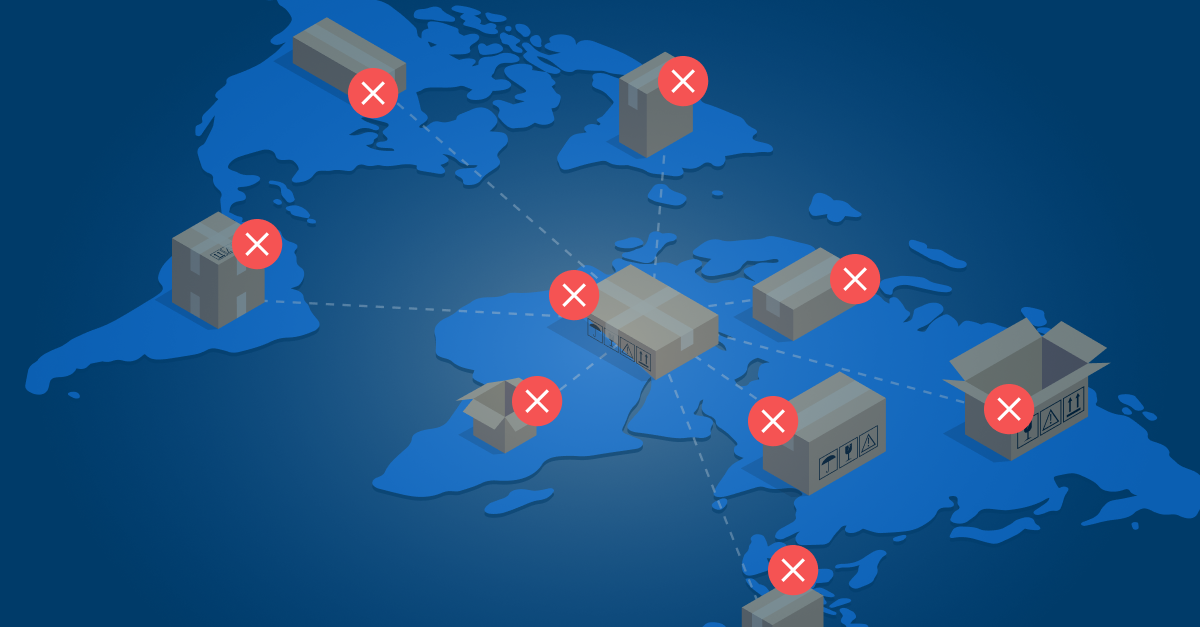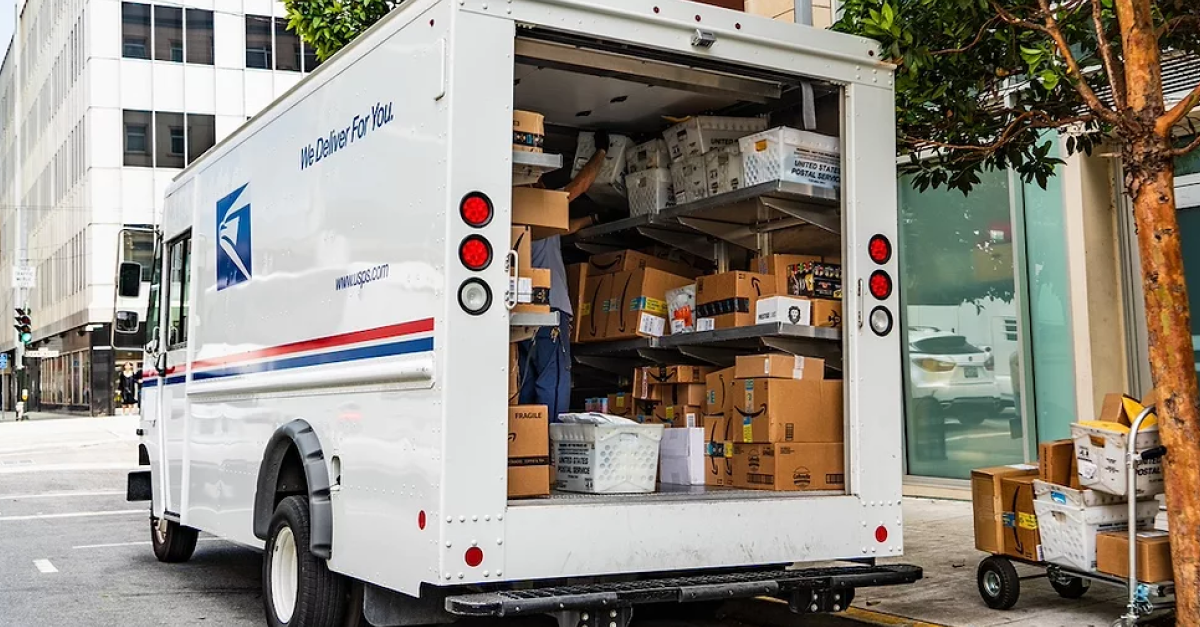The End of the De Minimis Exemption’s Ripple Effects: Global Postal Suspensions

In case you missed it, effective August 29, 2025, the U.S. will end the de minimis exemption, which eliminates duty-free entry for packages valued under $800.
For years, this exemption fueled international e-commerce, covering more than 1.3 billion shipments worth $64 billion annually. Its removal is more than a minor adjustment—it’s a structural shift in global shipment strategies.
And like Hannah predicted earlier this month, its immediate effects are already being seen.
Postal services across the globe are suspending most commercial parcel shipments to the U.S., citing confusion over how tariffs should be collected, what documentation is required, and who bears responsibility.
Here’s a list of global postal services that have announced suspension of at least some service to the US as of August 28, 2025:
- Deutsche Post / DHL Parcel Germany
- Bpost (Belgium’s leading postal operator)
- Posti (Finland)
- Lithuania’s postal service
- Royal Mail (UK)
- Postal services in Denmark, Sweden, Italy, Austria, France, and Belgium
- France, Greece, Austria, and the Nordic countries
- Singapore Post (SingPost) and Thailand Post
- Australia Post
- Japan Post
- India’s postal service
What now?
For shippers, this suspension is more than an inconvenience—it’s a direct hit to cost structures, operations, and compliance. Margins are shrinking as tariffs and handling fees pile on. Timelines are unpredictable with shipments halted, backlogs forming, and delivery commitments at risk. And compliance remains murky, with unanswered questions around customs declarations threatening further disruption.
But shippers don’t have to sit still. Staying informed through U.S. Customs and European postal updates is critical. Partnering with private couriers or freight forwarders may provide more reliable options. Fulfillment strategies should be reviewed—whether by adjusting SKU mixes, leveraging alternative hubs, or renegotiating shipping terms. And planning for landed costs by building tariffs and fees into pricing will help set clearer expectations with customers.
Charting a Smarter Path Forward
The sudden halt of European parcel shipments to the U.S. highlights the fragility of cross-border logistics in a world where trade policy can shift overnight. For shippers, the stakes are high—delays, cost increases, and compliance risks are all in play. But disruption also creates opportunity for those who can adapt quickly.
At Intelligent Audit, we help shippers navigate volatility with the data, visibility, and insights needed to stay ahead of the curve. Contact us today to learn how we can help you transform today’s uncertainty into tomorrow’s competitive advantage.



